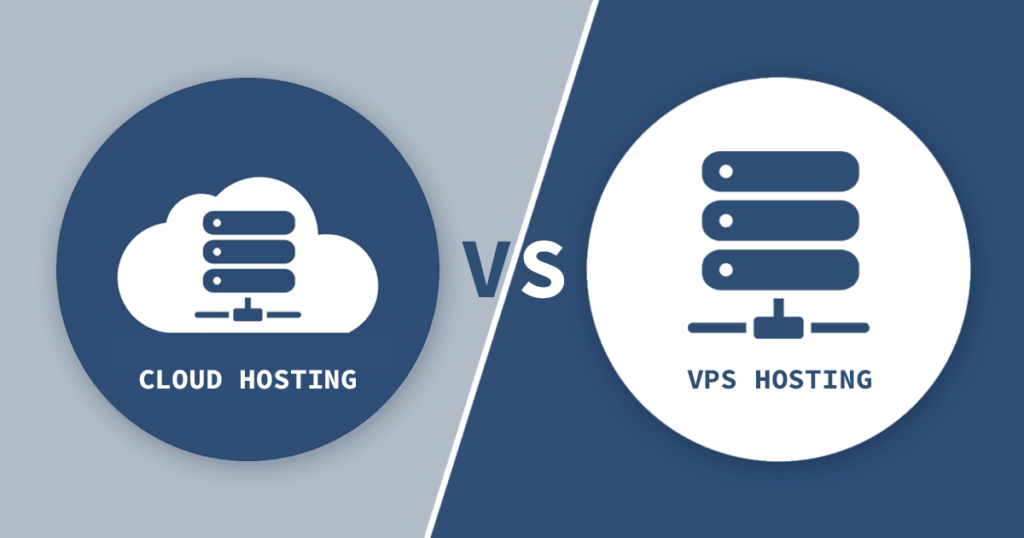Cloud hosting and VPS serve similar purposes but come with different sets of advantages and disadvantages. Though both offer a lighter carry for the casual user than a traditional computer server that you would keep in your house or office, one option might be better suited to your needs than the other. There are reliable VPS host like Togglebox, but you need to know your requirements first.
Table of Contents
What is VPS Hosting?
Virtual Private Server (VPS) is a hosting that allows you to run several operating systems and applications on each virtual server, providing more flexibility for the user.
Benefits of VPS hosting
- It gives you the flexibility of a hosted website and allows you to do things on your own terms.
- It’s responsible for keeping the physical hardware up and running, but you alone have control over what software runs on it and what happens to it.
- It also makes an ideal environment for making software or other projects.
- According to Joe Oesterling, Chief Technology Officer at Liquid Web, “Managed VPS hosting resolutions offer you the power of a devoted server and cloud hosting flexibility.” Liquid Web VPS hosting options are perfect solutions if you need the control of a devoted server.
Pros and cons of VPS Hosting
- VPS hosting offers you complete control of your server. You’re not limited to the software and hardware choices the provider makes for you. However, whether or not you have some extra hard drive space is up to you and can cost money if it requires additional disk space.
- VPS doesn’t offer the same level of guaranteed uptime as cloud hosting. If a host’s physical hardware goes offline, your VPS may go offline as well.
- Another potential disadvantage of VPS hosting is security. It’s not rare for some attacks to be aimed at a large provider and take down some or all of their servers.
You can Simplify how you do business by switching your ERP solutions to the cloud with www.gotomyerp.com.
What is Cloud Server?
It’s a split between VPS and shared hosting services. Cloud servers are virtual like VPS, but the provider owns the hardware and is not leased out.
In this case, the software doesn’t matter because it’s installed on the host’s server hardware, but users have more control over how their server is configured than with a cloud hosting service.
Benefits of Cloud Server
- They combine the flexibility of a regular server with the high level of scalability that one would get with cloud hosting.
- Cloud server allows you to have a more secure and stable environment than a VPS.
- Your data, software, and everything else is stored on physical hardware that only you have access to.
- Because your host does not deal with other customers, no outside attack can take down your server.
Pros and Cons of Cloud Server
- Cloud server is excellent if you need a more secure and stable environment for your server.
- If your cloud server provider goes offline, your server may go offline too.
- If you need a large quantity of storage or bandwidth, cloud servers can be much more costly than VPS hosts.
Which is the best between Cloud Hosting and VPS
If you want to maintain the highest level of security possible, select a cloud server. They’re far more secure and stable than VPS hosting servers. If total control is a bigger concern, then a VPS is the right choice, but you won’t get the same level of stability or security that you’ll get from a proper cloud server.
Conclusion
Hopefully, this article has given you some insight into the differences between cloud hosting and VPS hosting. Both will allow you to maintain a secure website, but one is more flexible than the other.
If you need to store large amounts of data or need a lot of bandwidth, cloud servers might be your best bet, but if you only need a site or two, then VPS is good enough.
